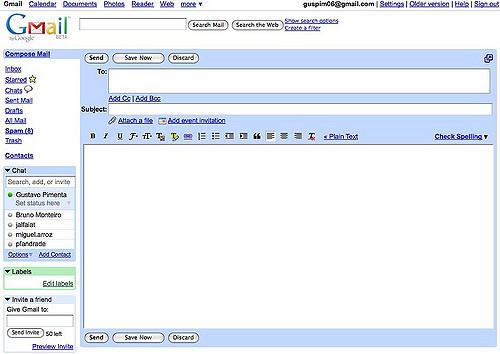12 Inventions You Religiously Rely on That Almost Never Happened
<p>From Pumpkin Spice Lattes to the iPhone, these inventions you rely on every day were this close to being scrapped.</p>
Updated Sept. 14 2018, 4:57 p.m. ET
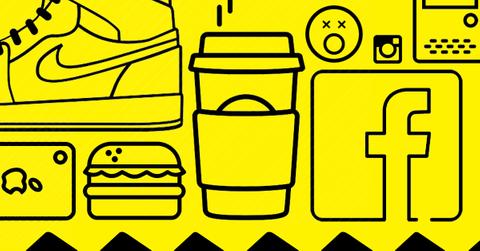
Modern civilization is spoiled. We have the internet at our fingertips thanks to smartphones, we never get lost anymore thanks to GPS, and we have delicious pumpkin-flavored lattes to look forward to every fall when we celebrate our newfound laziness. But these ingenious inventions that we rely on so heavily were this close to not even happening. Many of the creations we take for granted today were mocked or wildly unpopular when they were first introduced, forcing some inventors to push on despite the backlash and the headaches. Below, all the creations that almost weren't invented.
1. Pumpkin Spice Latte

It's hard to believe there was a time before PSL was the unofficial mascot of autumn. But when the seasonal flavor was created in 2003, Starbucks project manager Peter Dukes said the initial reception to the drink was lukewarm at best. "It wasn’t the natural winner, but there was something there,” he told the Wall Street Journal.
At the time, focus group participants thought pumpkin mixed with coffee was weird. "A number of us thought it was a beverage so dominated by a flavor other than coffee that it didn’t put Starbucks’ coffee in the best light," former Starbucks exec Tim Kern told Quartz in 2013.
Of course, we all know what eventually happened. "I’ll never forget coming in and … looking at the numbers and how well it sold," Peter told the podcast Household Names. "Then you just knew you had a winner."
2. Facebook
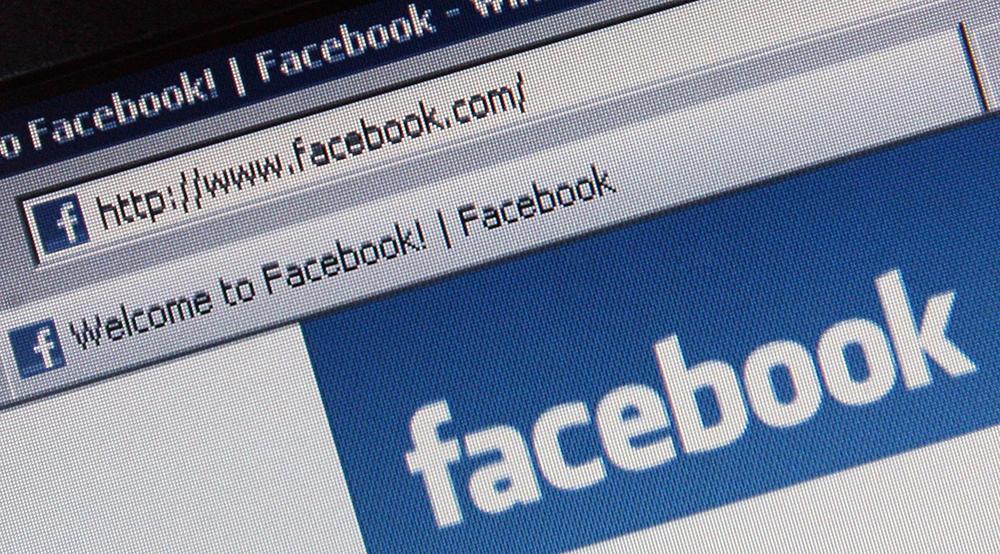
The world without Facebook would look awfully different. For one, we would be spared from having to look at baby pictures from high school friends we no longer talk to, and two, our privacy wouldn't be constantly exploited by data mining companies to rig elections, but I digress. The social media site has left an important imprint on society, which is why it's shocking to learn it was this close to not happening. Creator Mark Zuckerberg admitted back in 2016 that his love for all things Rome almost made him major in Classics instead of computer science.
"I love Rome. I studied Latin and Roman history and culture," he said. "I loved it so much that when I was going to college, I actually thought I was going to major in Classics. I didn't. I ended up majoring in computer science and psychology. But I didn't make it that long in college anyway."
But to be honest, even if he hadn't invented Facebook, we'd probably all be using something similar anyway.
3. GPS
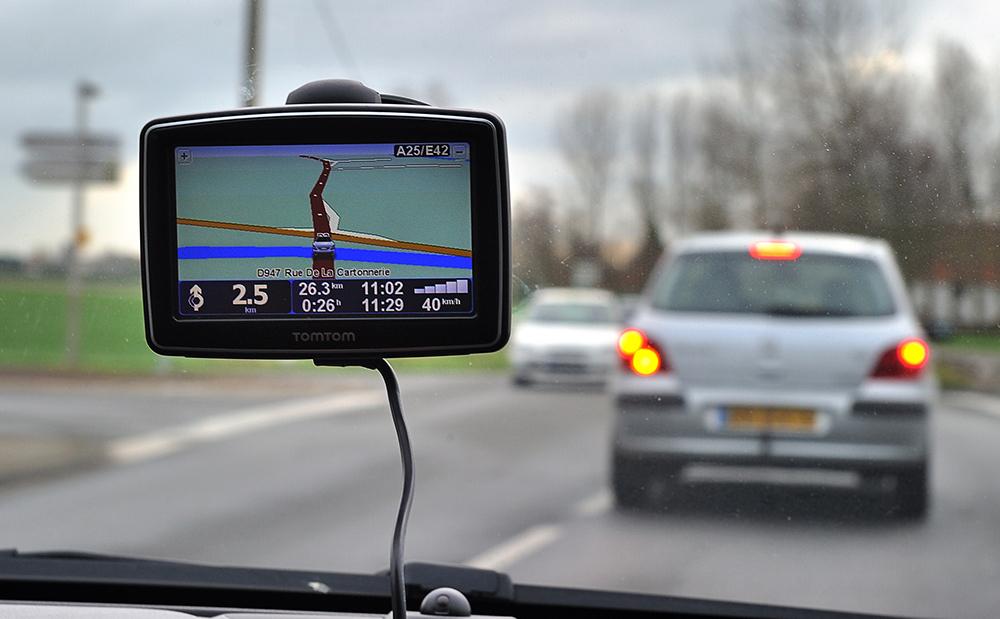
Remember when we had to use paper maps to figure out where we were going? I don't either, but you can thank engineer Bradford Parkinson for that. Back in the early '70s when the Air Force came up with the idea of a satellite-based navigation system, he was brought in to help finish the delayed project, which many in leadership thought was a "dead in the water" idea. Back then, the Air Force thought it was stupid to spend money developing GPS when they could be developing more planes instead.
"It was almost guaranteed that it wouldn't go anywhere because it had been floundering for four or five years,” Bradford told Science Friday. “I appreciated what it could do, but unfortunately not only was there skepticism of what it could do, there was skepticism on whether that was where the money should be spent. It was a constant struggle, even after we had reformulated the whole system, to try to get particularly the Air Force to agree that this was what they ought to do."
Bradford eventually got a high-ranking civil person in the office of the Secretary of Defense to vouch for this floundering project, and the rest is history.
4. The Big Mac
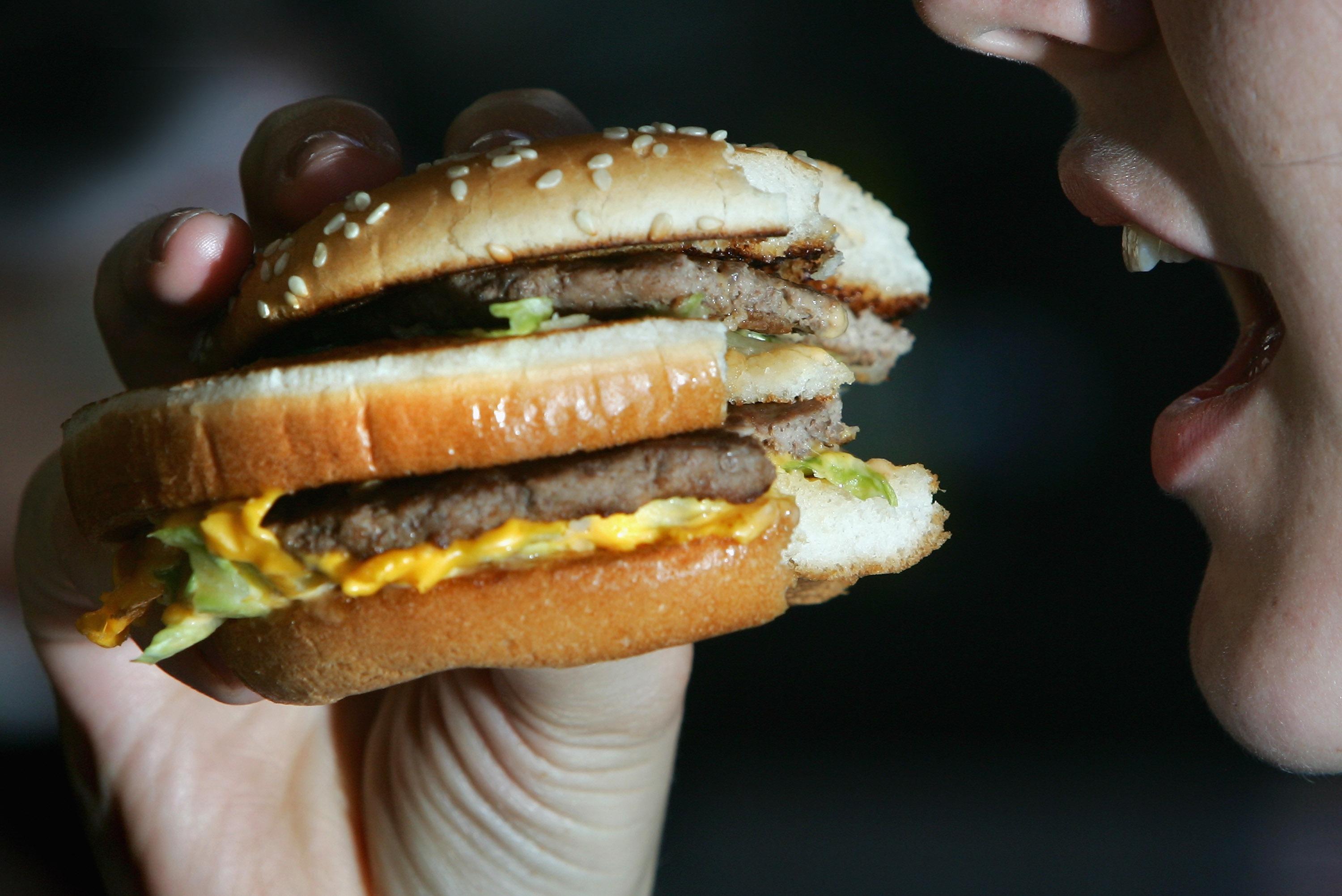
Your fave artery-clogging meat sandwich might be McDonald's most famous burger, but its inventor, franchisee Michael James “Jim” Delligatti, had to struggle to get the Big Mac approved. McDonald's thought the sandwich was unneeded since their original menu of plain hamburgers and cheeseburgers was selling just fine.
“They figured, why go to something else if (the original menu) was working so well?” he told the Associated Press back in 2006. He continued to fight for the burger, convinced that the demand for larger burgers would make the Big Mac a success. He was right. In 2016, Jim died at the age of 98. Not bad for a guy who ate Big Macs every week for 50 years.
5. Air Jordans
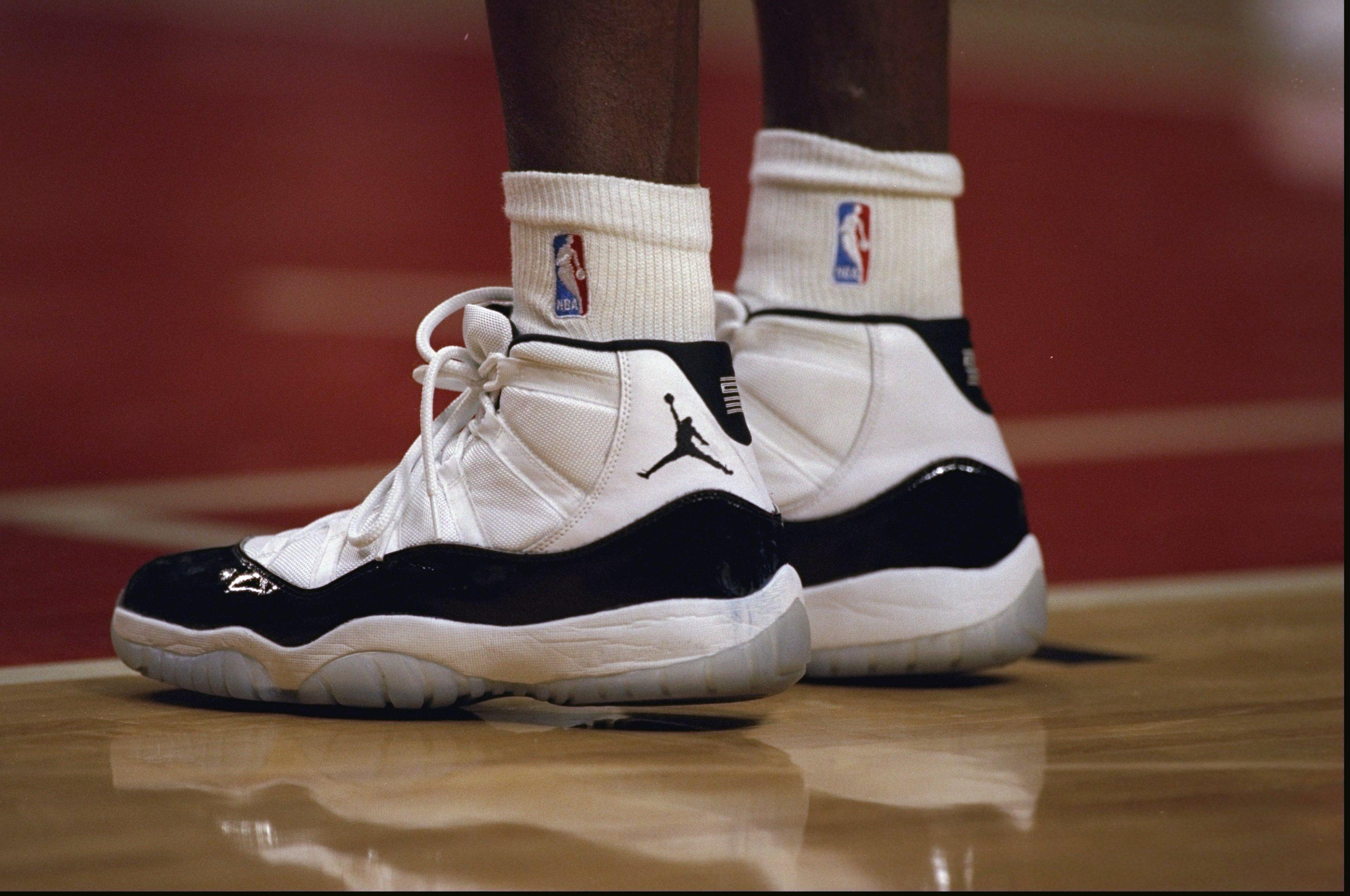
The shoes that teenagers literally kill each other for almost didn't happen. When Nike first approached Michael Jordan in 1984, he wanted nothing to do with the shoe company. He personally preferred Converses and never wore a pair of Nikes in his life. In fact, his mother had to force him to attend a meeting at Nike headquarters about the sneaker deal, and even then he was like, "Nah." But in the end, money talked. When Nike offered him five times what Converse did, Michael agreed to partner with Nike to create the Air Jordans.
6. iPhone
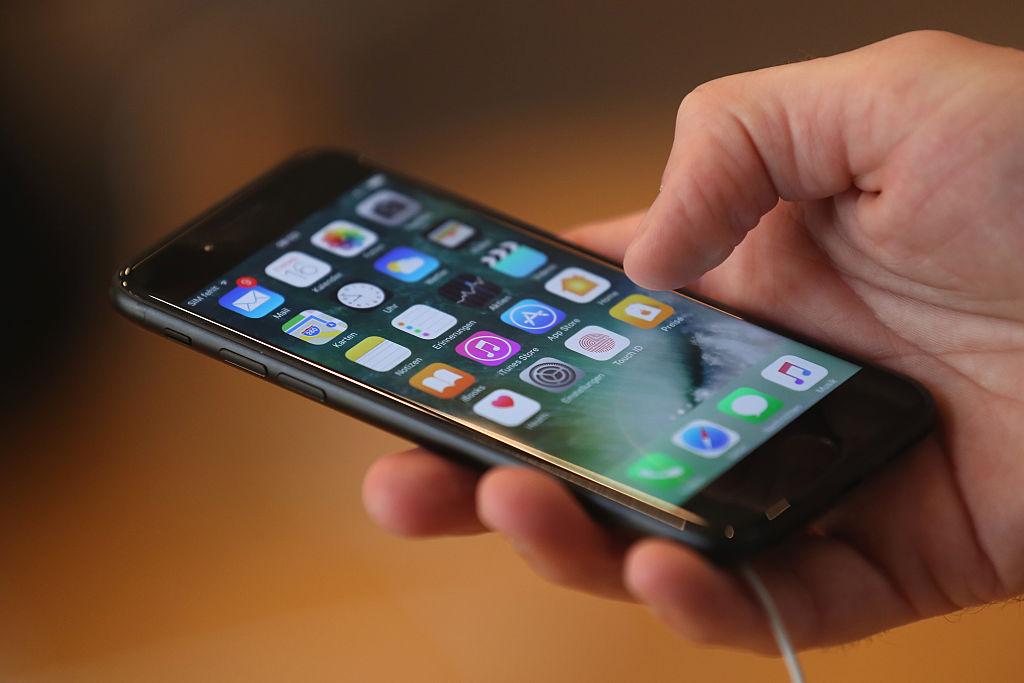
Ahh, the smartphone. Its invention would literally change everything that we know, but according to Apple's chief design officer Jony Ive, creating it had several roadblocks. "There were multiple stages while we were working on the phone when solving problems wasn’t inevitable and we really did have concerns that it wasn’t viable, that it wasn’t going to work," he told Dazed. Designers were so stumped about what the interface should be, earlier iterations of the iPhone sounded like Frankenstein-esque oddities.
"With the early prototypes, I held the phone to my ear and my ear would dial the number," he said in 2012. "You have to detect all sorts of ear-shapes and chin shapes, skin color and hairdo. That was one of just many examples where we really thought, 'Perhaps this isn't going to work.'"
Fortunately, through trial and error, they managed to work out the kinks and create the most tech-defining phone of our time.
7. Gmail
Back when everyone's emails still ended with "@aol.com" or @hotmail.com," Google thought maybe they should get in on this whole email interface thing. But back then, no one at Google thought it was a good idea. Back in the late '90s, their business model was entirely focused on search. The idea of using Google for email when it was launched in 2004 seemed like a radical notion back then.
“A lot of people thought it was a very bad idea, from both a product and a strategic standpoint,” Gmail creator Paul Buchheit told Time in 2014. “The concern was this didn’t have anything to do with web search. Some were also concerned that this would cause other companies such as Microsoft to kill us."
Although practically no one used Gmail when it first launched, this didn't deter Google co-founder Larry Page, who told Paul that normal users would start using Gmail "in 10 years’ time." Well, he wasn't wrong.
8. Karaoke

You can thank inventor Daisuke Inoue for giving you the ability to drunkenly belt "Don't Stop Believin'" at bars. He created the first karaoke machine in 1971 after so many of his friends kept asking him to play the keyboard for them to sing to. He created about 11 units with the help of an engineer for $425 each, but because of their price tag, he didn't expect them to take off. "At the time, I never imagined it would be of interest to anyone other than myself," he told The Appendix in 2013.
He took the machines to several bars around Kobe, Japan, but no one would use them, so he went to Plan B and hired a "cute girl in a sexy outfit" to use the machines and draw up interest. It worked. Even though his machines were a success, Daisuke didn't patent his invention because he still didn't think it was all a big deal. "I didn’t think anything would come of it," he said. Fortunately for him, the allure of drunkenly singing along to popular music was too great for people to ignore, and in 2004, he was honored with an Ig Nobel Prize for his invention.
9. Barbie
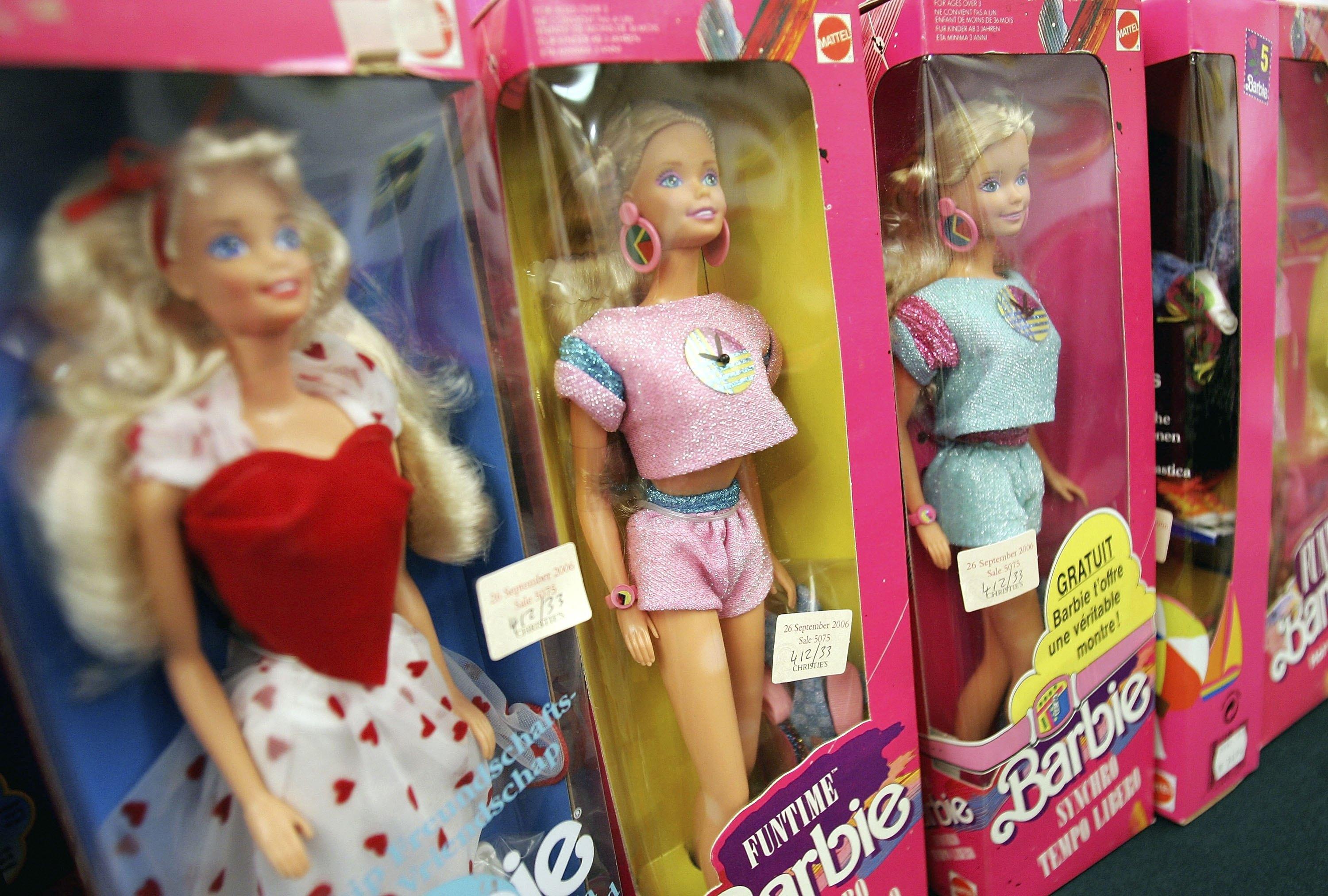
You might not rely on Barbies anymore, but you have to admit, they were an important part of every kid's childhood. But they almost weren't invented thanks to a bunch of old, out-of-touch men. When founder Ruth Handler pitched the idea in 1959 to the all-male board at Mattel, they thought the doll would be a failure. They couldn't see why young girls would want to play with adult-bodied dolls, mistakenly thinking the dolls were more for men than little girls. Ruth pressed on, trusting deep down that girls would want Barbies, and the dolls became a huge success.
10. Instagram

Brazilian co-founder of Instagram, Mike Krieger, admitted that obtaining a visa to the U.S. was more difficult than creating the famous photo-sharing app, according to Bloomberg. In fact, his immigration troubles were such a hassle, the app almost didn't happen. He arrived in the U.S. with a temporary work visa in 2009, but when he tried to update his visa to work for a different employer, the process took three months and required one lawyer. Once he finally got his H-1B renewal, creating Instagram was the easy part.
11. PC
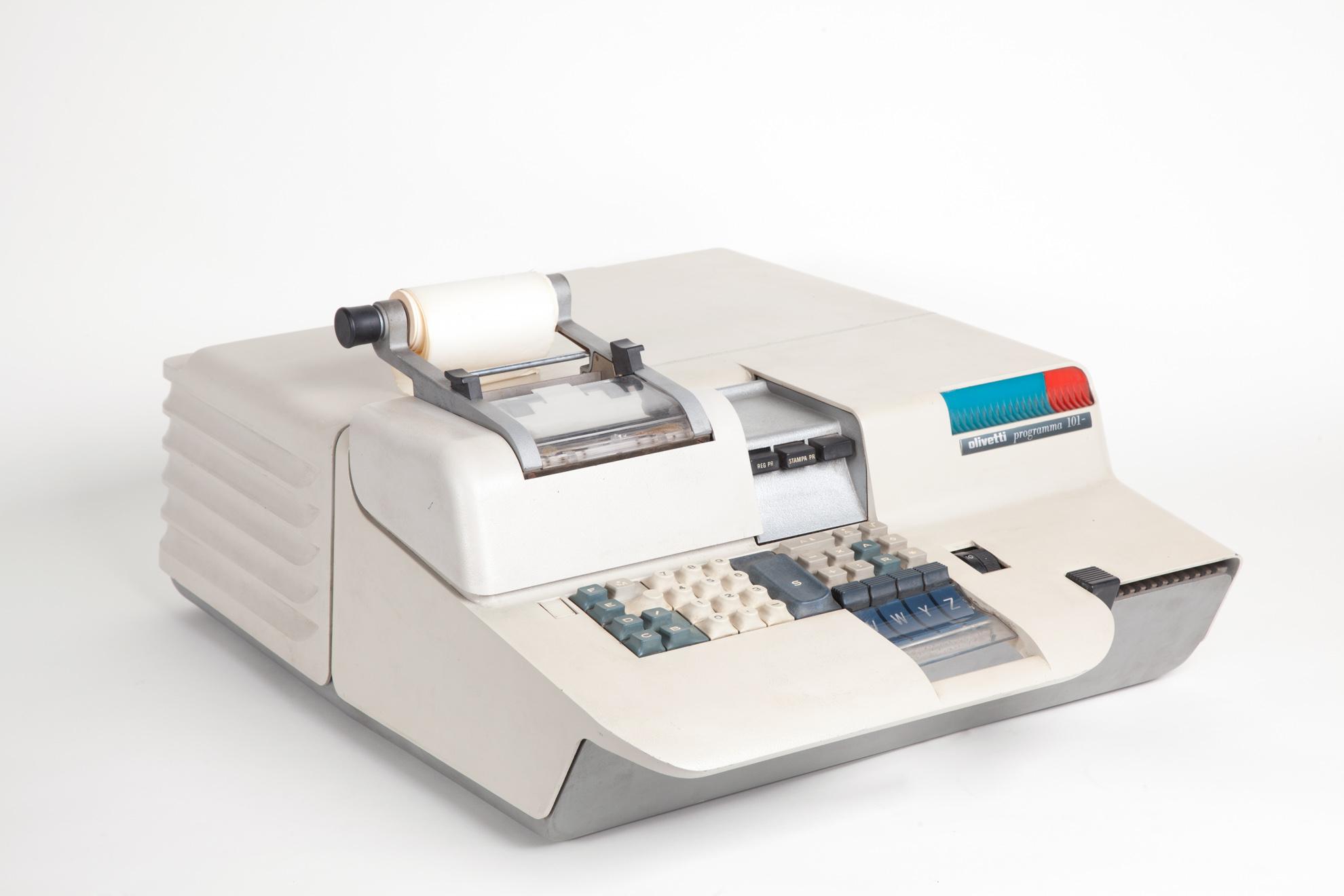
The first PC, the Programma 101, was invented back in 1965, and it looked more like a clunky calculator than a computer. But creating it wasn't easy. While a small team worked on the computer, the electronics division of Olivetti was sold to General Electric. To keep from being swallowed by GE, the team categorized their PC as a "calculator" and then marketed it at the 1964 New York World Fair. Although Olivetti didn't believe in the computer and was certain it would be a failure, the reception was overwhelming. They eventually sold 40,000 units for $3,200 a piece (which, when adjusted for inflation, was actually $20,000). Not bad.
12. World Wide Web

It's easy to get the internet and the World Wide Web confused. The internet came first and was invented in the '60s, but the World Wide Web, the actual web pages you visit using HTTP addresses, was invented in the '90s. The idea was ignited by computer scientist Tim Berners-Lee who wrote a research paper about it. Of course, people found it crazy because that's what normally happens when people have ingenious ideas.
"It started as a real underdog; no one would have predicted the system would have succeeded," Marc Weber, creator and curator of the internet history program at the Computer History Museum in Silicon Valley, told Phys.org. Although there were lots of competitors at the time, what helped the Web persevere was that, hey, it was free. And the rest is history.
